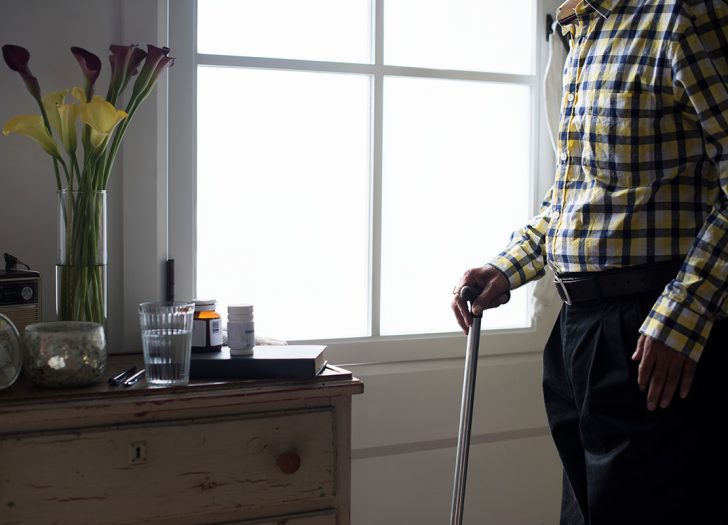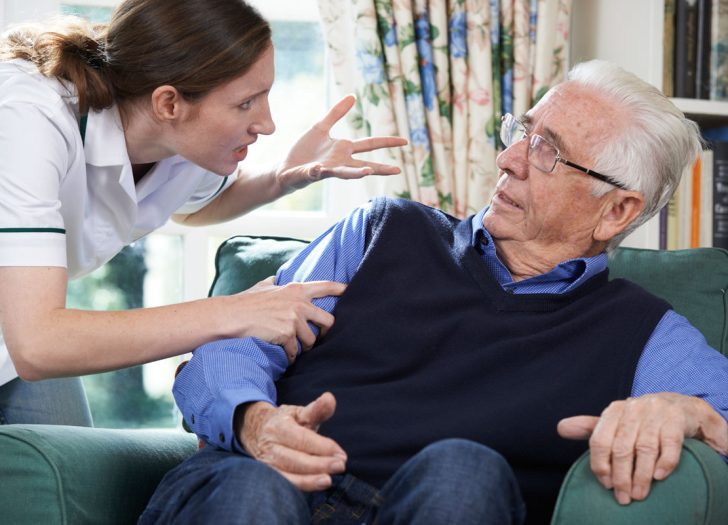We’ve gone over the summer risks to residents in negligent nursing homes, but how do patients fare in the winter? Are they at an even greater risk of experiencing abuse and neglect? Unfortunately, this is exactly the case. Keep reading to learn how cold weather can affect nursing home dynamics and what you and your family can do to protect your loved one.
Increased Staff Shortages
Winter weather can make it harder for staff members to drive to work, resulting in staffing shortages and a lower nurse-to-patient ratio. This can lead to scenarios where residents don’t get the care they need. For example, if there are too few overnight nurses, the nursing home might miss that a patient has gotten up and started to wander. Or, a lack of staff during the day could mean that no one is available to help patients who can’t feed themselves with eating.
Read more about How Understaffing Contributes to Negligence and Abuse in Nursing Homes here.
Staff May Be Preoccupied With Holiday Plans
The holidays are a busy time for most people, and nursing home staff members who do come to work are no exception. They may be preoccupied with planning events, purchasing gifts, or chatting with co-workers, which can cause them to miss important indicators that something is wrong or that a patient needs assistance.
Distracted nurses may also have more trouble remembering the tasks they are supposed to do or which patients are higher priority. Patients are the ones who suffer the most from this, sometimes going without the food, medication, or hygiene assistance they need for hours.
Risk of Hypothermia
Another reason that winter is particularly hazardous for the elderly is an increased risk of hypothermia. Older adults have difficulty regulating their body temperature and staying warm, so if a nursing home isn’t properly heated or a patient accidentally gets outside, there can be serious consequences.
To avoid this, staff should make sure patients are properly supervised and have enough warm clothing or blankets to keep away the chill.
Slip and Fall Accidents
Ice and snow on nursing home walkways can be a danger to patients who are coming and going for medical appointments or even just stepping outside for some fresh air. This is because slipping on a slick surface can result in critical injuries for elderly patients with thinning skin and brittle bones. In some cases, a slip and fall can be fatal.
Nursing homes are responsible for putting salt down on walkways before storms and clearing ice and snow as precipitation stops. Failure to do so may be considered negligent.
Higher Incident Rate of Illness and Infection
Elderly residents are at an increased risk of illnesses that are common in the winter, like colds, COVID-19, and the flu. While young, healthy people may be able to fight viruses off and recover quickly, older individuals often struggle to do the same due to their already-declining health.
What could be a mild infection for a middle-aged adult could ultimately result in weeks of recovery or even death for someone over the age of 70. This makes it crucial for long-term care facilities to take extra steps to prevent the spread of viruses in their establishments.
Seasonal Depression and Isolation
Nursing home patients are also at a higher risk of seasonal depression and feelings of social isolation during the winter. Not only does decreased sunlight and colder temperatures during the day force residents to stay inside, they may also feel like they are missing out on holiday gatherings.
Coupled together, this can cause patients to lose motivation to socialize or even complete basic tasks. Patients often become withdrawn, sleep longer than usual, or refuse to eat. Nursing home staff are responsible for making sure each resident has adequate opportunities to socialize, even if it means having to move patients back and forth between their room and common areas.
Do You Suspect Your Loved One Is a Nursing Home Abuse Victim?
If you believe your elderly loved one is being abused or neglected in a nursing home or other long-term care setting, we can help you hold the authorities who are responsible legally accountable for their actions. When your family member deserves justice, don’t wait to take action. Contact us today by calling (978) 744-8000 or toll-free at (855) 693-9084 to get started.











